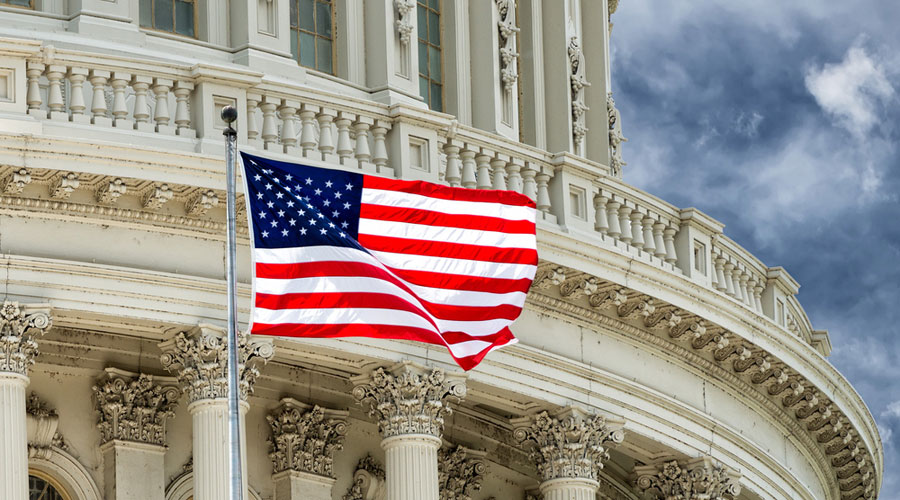The Senate approved bipartisan legislation on Thursday aimed at keeping firearms out of the hands of dangerous people after a small group of Republicans joined Democrats to break through their party’s longstanding blockade of gun safety measures and shatter nearly three decades of congressional paralysis on toughening the nation’s gun laws.
Spurred to action by a mass shooting that killed 19 children and two teachers at an elementary school in Uvalde, Texas, the Senate passed the measure 65 to 33, with 15 Republicans, including Senator Mitch McConnell of Kentucky, the minority leader, breaking ranks to side with Democrats in support of the measure. Two Republican senators were absent.
It would enhance background checks for prospective gun buyers ages 18 to 21, requiring for the first time that juvenile records, including mental health records beginning at age 16, be vetted for potentially disqualifying material.
The bill would provide incentives for states to pass “red flag” laws that allow guns to be temporarily confiscated from people deemed by a judge to be too dangerous to possess them. And it would tighten a federal ban on domestic abusers buying firearms, and strengthen laws against straw purchasing and trafficking of guns. It also includes hundreds of millions of dollars in funding for mental health programs and to beef up security in schools.
“This is not a cure-all for all the ways gun violence affects our nation, but it is a long-overdue step in the right direction,” Senator Chuck Schumer of New York, the majority leader, said on the Senate floor. “It’s significant.”
Speaker Nancy Pelosi of California announced on Thursday night that the House would move to take up the measure on Friday morning. White House officials have said President Biden would sign it, calling the bill “one of the most significant steps Congress has taken to reduce gun violence in decades”.
The vote tally also underscored how deeply polarizing the issue remains, and how fleeting the spirit of compromise around guns may be. Most Republicans opposed the bill, and most of those backing it will not face voters this year, suggesting that the measure was less an opening for a new era of bipartisan consensus on gun violence than a rare moment of agreement that may soon give way to more gridlock, particularly if Republicans win control of Congress this autumn.
Still, a small group of Democrats and Republicans seized on the outrage that followed the massacre in Uvalde and a racist mass shooting in Buffalo days before that to forge a modest compromise that could succeed where earlier attempts had repeatedly failed.










